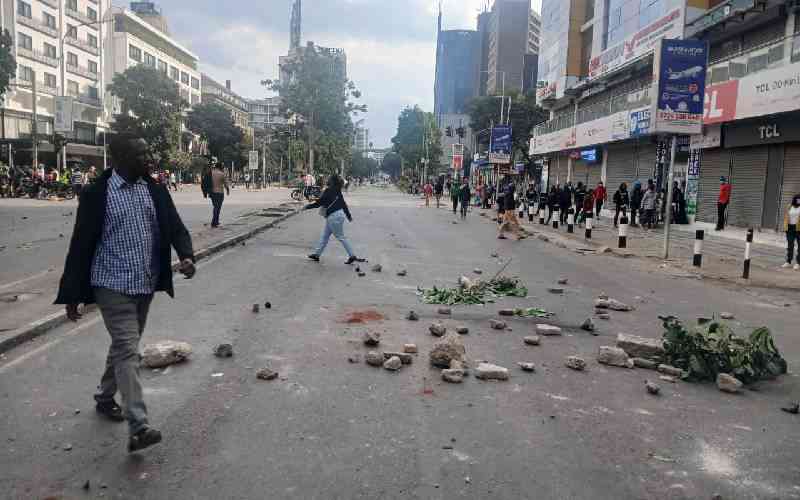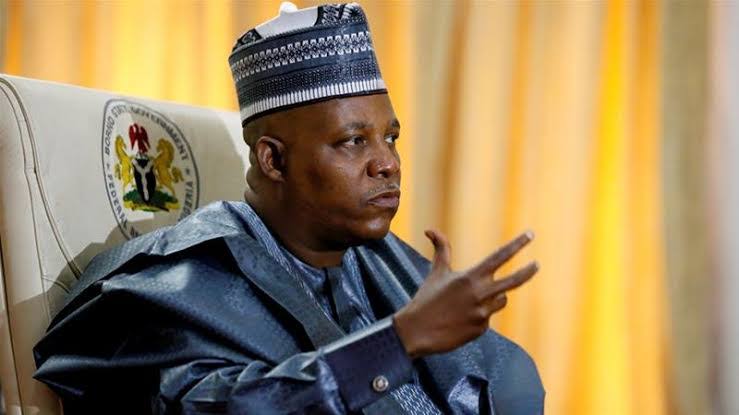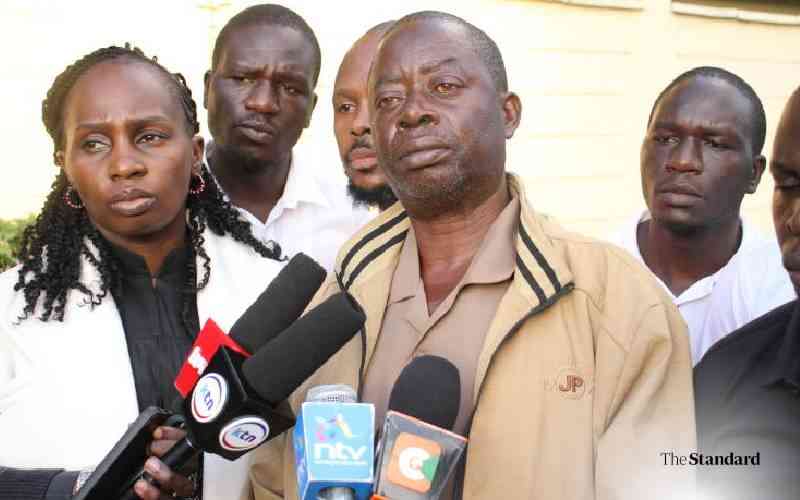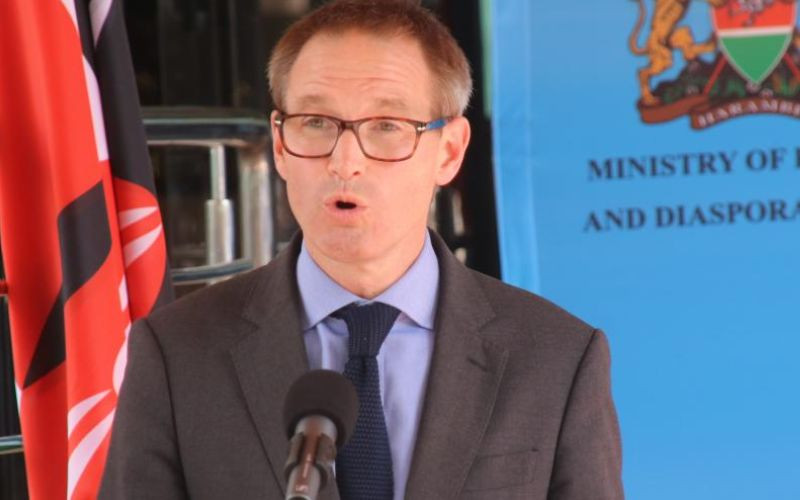Nairobi Protests: Reports of Casualties, Goon Activity, and Police Conduct Under Scrutiny

The streets of Nairobi have been gripped by widespread protests following the mysterious death of blogger and teacher Albert Ojwang on June 8 while in police custody at the Central Police Station. These demonstrations, organized by civil society groups and human rights activists, have primarily sought justice for Ojwang and demanded the resignation of Deputy Inspector General of Police Eliud Lagat, under whose order Ojwang was reportedly arrested for tarnishing his name on social media.
The protests, which began with prayer sessions on Kimathi Street before escalating into marches towards the Central Police Station, quickly turned chaotic. A particularly disturbing incident occurred on Tuesday, June 17, when a hawker, Boniface Kariuki, who sold face masks around Tom Mboya Street, was shot in the head at close range by a police officer along Kimathi Street. Viral video footage showed two anti-riot police officers assaulting Kariuki before one shoved him aside and fired. Initially presumed dead, Kariuki was rushed to Kenyatta National Hospital in critical condition. The National Police Service (NPS) confirmed the officer's arrest but did not release their identity, prompting public skepticism and demands for verifiable proof. This incident, alongside the shooting of Kenyatta University student Philip Oketch in the neck during the demonstrations, significantly intensified public outrage over police conduct.
Adding to the unrest, the protests were notably infiltrated by armed goons, described as operating with whips, teargas, and crude weapons like tyre whips and wooden bars. These individuals, allegedly ferried from areas like Korogocho, Kawangware, and Kangemi and paid by unnamed Nairobi politicians and senior City Hall officials, attacked and robbed protesters and innocent pedestrians. Businesses around the CBD, including a computer and phone shop on Moi Avenue, were looted. Eyewitnesses and media reports highlighted an alarming dynamic where police officers seemingly stood by or even collaborated with these goons, with some reports detailing police arming the attackers with sticks. Nairobi Woman Representative Esther Passaris, however, stated that laptops seen with officers from a looted shop were being "recovered" and were safely in police custody, contradicting claims of police involvement in the looting.
The Kenya National Commission on Human Rights (KNCHR) documented 22 casualties across Nairobi, Mombasa, Kilifi, and Kwale counties resulting from the protests. The commission condemned the shooting of peaceful civilians and the arrest of Human Rights Defenders, emphasizing that these individuals had notified police of their intentions as legally required. KNCHR also raised concerns about police officers concealing their vehicle registration numbers and faces, a practice contravening a High Court ruling mandating officers be identifiable. The commission warned that such impunity encourages disregard for the law.
The widespread unrest had a severe economic impact on Nairobi's CBD. Businesses were forced to shut down their premises, leading to significant financial losses. Nairobi county, which collects over KSh 35 million in revenue daily, was among the most affected, having lost hundreds of millions in revenue due to the protests. Traders expressed frustration, preferring to skip sales rather than risk destruction of property.
The events triggered strong reactions from public figures and celebrities. National Assembly Majority Leader Kimani Ichung’wah's parliamentary defense of police officers, where he claimed protesters taunted armed law enforcers, was met with biting sarcasm from comedian Njugush, who posted a symbolic black image and ran a poll questioning the state of the country. Musician and police officer Samidoh also subtly weighed in, posting a masked selfie with a cryptic message of solidarity, despite facing his own issues within the police service. The song "Sheria" by Kenyan rapper Juliani, which criticizes police violence and systematic injustices, resurfaced as a rallying cry, with many listeners finding its lyrics prophetic given the current upheaval. Protest organizers have vowed to continue holding demonstrations every Tuesday and Thursday until justice for Albert Ojwang is served.











